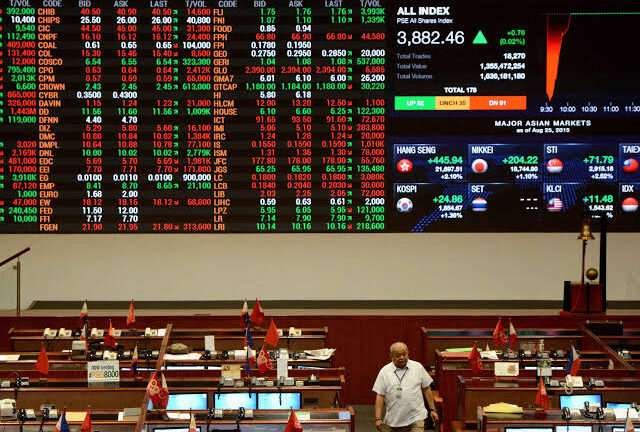The Philippines is set to reduce taxes on stock transactions as part of a broader effort to revive its sluggish capital market and attract both local and foreign investors. The move, proposed by the government, aims to enhance the competitiveness of the country’s financial sector and stimulate more activity in the stock market.
Finance Secretary Benjamin Diokno announced that the government is considering reducing the stock transaction tax, currently among the highest in Southeast Asia. By lowering the rate, the Philippines hopes to encourage more market participation, particularly from retail investors, while also making the country more attractive to foreign capital.
The stock market in the Philippines has struggled in recent years, affected by external economic factors and local concerns over rising inflation and interest rates. The government sees the tax reduction as a way to breathe new life into the capital market, ensuring that it can once again play a vital role in economic growth.
This proposed tax cut is part of a larger package of reforms aimed at strengthening the country’s capital markets, including measures to improve financial literacy, enhance regulatory frameworks, and introduce new financial instruments to diversify investment opportunities.
Investors and analysts have responded positively to the proposal, noting that it could increase market liquidity and improve the overall performance of the Philippine Stock Exchange. By attracting more participants, the government aims to drive economic growth, create jobs, and enhance investor confidence.
While the specifics of the tax reduction are still under discussion, the plan represents a significant step toward revitalizing the country’s financial sector and positioning the Philippines as a more competitive destination for international investments

